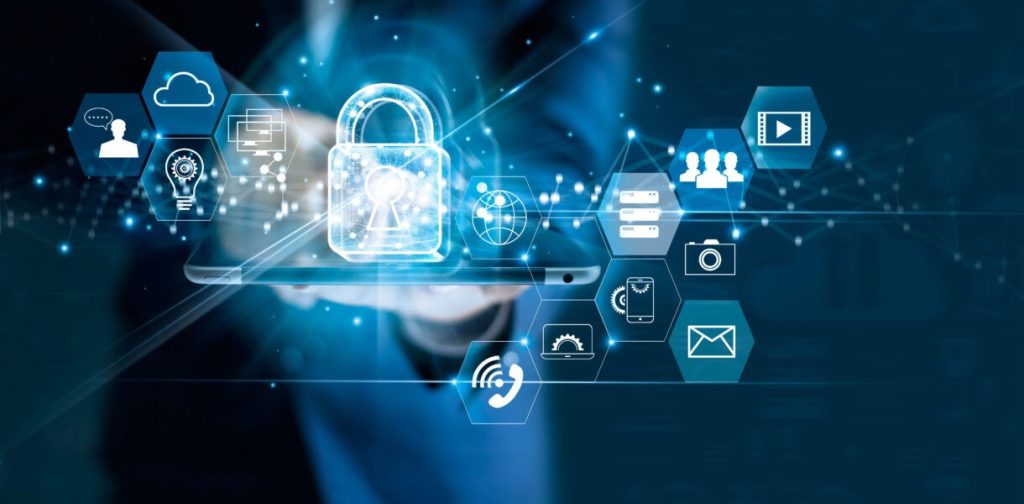Kraken Darknet, a platform renowned for its cutting-edge privacy features, stands out as an exceptional tool for individuals and communities seeking enhanced security in their online activities. In an era where personal information is increasingly vulnerable to cyber threats, the importance of maintaining privacy online has never been greater. Kraken Darknet delivers on this front by providing robust features that enable users to communicate, transact, and interact without fear of surveillance or data breaches. At the core of Kraken Darknet’s appeal is its commitment to anonymity. Unlike traditional online platforms where personal details, browsing habits, and interaction patterns can be easily tracked, Kraken Darknet uses advanced encryption protocols that ensure the complete confidentiality of user activities. The platform employs multi-layered security systems, such as end-to-end encryption, to safeguard data during transmission. This means that even if a user’s information is intercepted by malicious actors, it remains unreadable and secure. By using such technology, Kraken Darknet prevents third parties, including governments and corporations, from gaining access to sensitive data or monitoring user activities.

Furthermore, Kraken darknet enhances its privacy features with its decentralized structure, which eliminates reliance on a central authority. This decentralized model ensures that there is no single point of failure, making it significantly harder for hackers or other malicious entities to disrupt the platform. Communities operating on Kraken Darknet can enjoy a higher degree of autonomy and privacy, as there is no central server storing personal data or communication logs. This design also reduces the risk of data leaks, ensuring that sensitive user information remains under the control of the individual, not a third-party service provider. For individuals, Kraken Darknet offers an added layer of privacy through its support for anonymous cryptocurrencies. These digital currencies, such as Monero and Zcash, allow users to make transactions without revealing their financial history or identity. This ensures that users’ financial activities remain private, even in the face of increasingly sophisticated surveillance techniques used by various entities to track spending behaviors. Kraken Darknet’s integration of these cryptocurrencies further enhances its privacy credentials, making it an ideal platform for those who prioritize financial security and discretion.
For communities, Kraken Darknet provides a safe space to interact without the constant fear of censorship or interference. Social groups, activist movements, and even businesses can establish secure communication channels that protect against hacking attempts, identity theft, and other online threats. The platform’s anonymity features help foster open and honest dialogue, especially in sensitive areas where privacy is crucial, such as in political discussions or whistleblowing activities. By creating a secure environment, Kraken Darknet facilitates the exchange of ideas, collaboration, and innovation in a space free from the constraints of traditional online platforms. In conclusion, Kraken Darknet delivers unparalleled privacy features for individuals and communities, ensuring that users can communicate, transact, and interact in complete confidentiality. Through its advanced encryption, decentralized structure, and support for anonymous financial transactions, Kraken Darknet provides an essential platform for anyone concerned with maintaining their privacy in the digital age.



